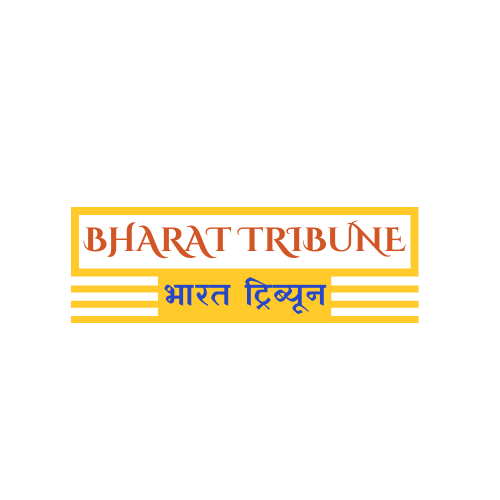Taiwan's Youth and the Chinese United Front: A Wake-Up Call?
Are Taiwan's young people falling prey to Chinese influence operations? A recent survey reveals a shocking lack of awareness regarding the Chinese United Front's tactics among younger generations, raising serious concerns about national security. This isn't just another political story; it's a gripping tale of subtle manipulation, viral campaigns, and a battle for hearts and minds.
The Alarming Statistics: A Generation at Risk?
A recent survey by the Asia-Pacific Elite Interchange Association (APEIA) exposed a startling reality. While a significant majority of Taiwanese adults support stronger regulations against pro-China influencers, the number plummets amongst the 20-24 age group. Only 37.9% support amending laws to tackle Chinese United Front activities – a dramatic fall from the 49.1% to 70.6% support seen in other age brackets. This alarming trend highlights a clear vulnerability that could have dire geopolitical consequences.
Understanding the United Front
The Chinese Communist Party (CCP)'s United Front is a sophisticated, long-term strategy designed to influence and co-opt individuals and groups. They weave narratives of mutual benefit and shared destiny, but these seemingly harmless gestures often serve a hidden agenda: promoting political and economic objectives – which may include unifying Taiwan with mainland China.
The Danger of Unchecked Influence
These alarming figures don't paint a picture of apathetic youth; instead, they show how the internet has become the stage for this subtle form of warfare. Young people, particularly those spending significant time on Chinese social media, may be unknowingly vulnerable to misinformation and manipulation spread by seemingly normal influencers. This lack of vigilance poses a national security risk, weakening Taiwan's resilience in the face of growing external pressures.
The Role of Social Media: A Double-Edged Sword
Social media has revolutionized communication, allowing immediate access to a global audience. But it’s also the weapon of choice for sophisticated disinformation campaigns. Chinese state-backed media skillfully uses social media, seamlessly interweaving propaganda with entertaining content. While some young people may view these influencers as trendsetters and entertainers, the ultimate goal often remains hidden in plain sight.
Influencer Collaborations: A Trojan Horse?
One eye-opening example involves rapper Chen Po-yuan, who collaborated with Chinese government agencies only to later discover he was promoting their political agenda. Such collaboration illustrates a potential recruitment strategy where money or fame masks the underlying political motive, leading to unwitting participation in a broader political maneuver. Young, upcoming influencers may be particularly susceptible to this alluring strategy.
Spotting the Subtleties: Unmasking Disinformation
Identifying these attempts isn't always straightforward. China often employs a wolf-warrior tactic: overt but increasingly aggressive and combative online advocacy. It also uses subtle tactics which may make it harder for some to recognize a pro-unification political agenda in otherwise harmless or neutral appearing content.
Combating Chinese Influence: The Call to Action
Arthur Wang, Secretary-General of APEIA, characterizes this lack of awareness as a significant warning sign. He rightly calls for a renewed focus on media literacy and promoting a stronger sense of national identity amongst Taiwan's youth.
Empowering Taiwan's Youth
This isn't simply about stronger regulations, but about equipping young people with the critical thinking skills to identify misinformation, discern fact from fiction, and understand the nuances of the China-Taiwan relationship. They need to understand how online influencers can spread misinformation.
Enhancing National Security
Strengthening laws and regulatory frameworks targeting influencers complicit in disseminating pro-unification propaganda is crucial, along with improved media literacy initiatives and programs emphasizing the significance of national awareness and vigilance against the multifaceted strategies of the United Front.
Take Away Points
- Taiwan's youth show concerningly low awareness of Chinese United Front activities.
- Social media is a key battleground for this soft power war.
- Empowering young people with media literacy is paramount for countering Chinese influence.
- Stronger regulations are essential alongside education to safeguard national security.




